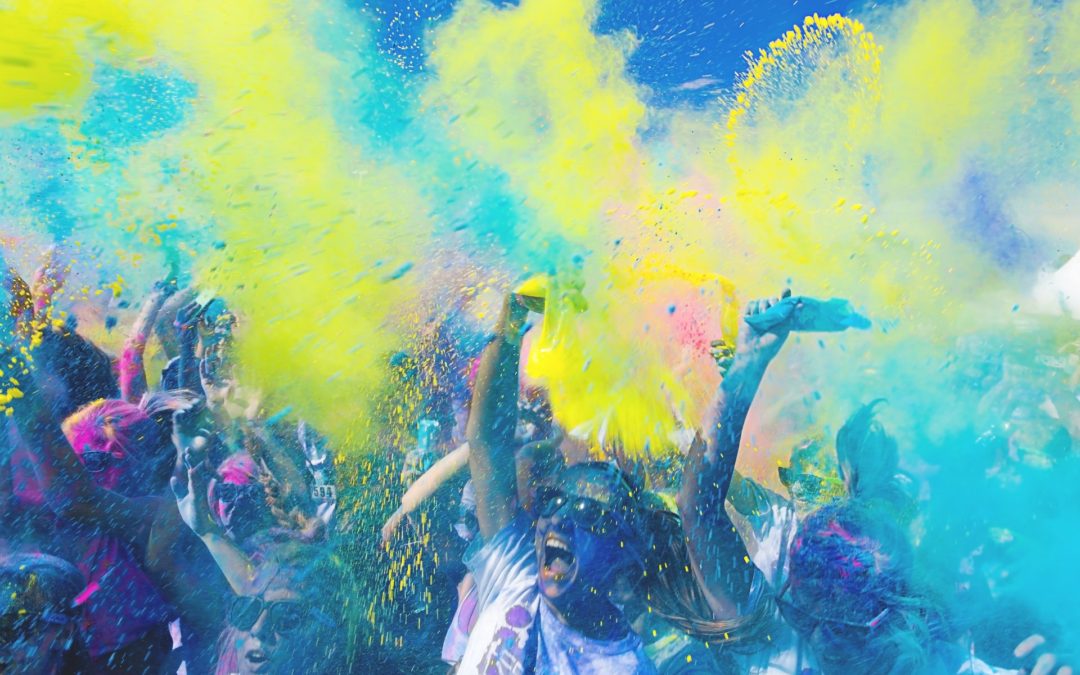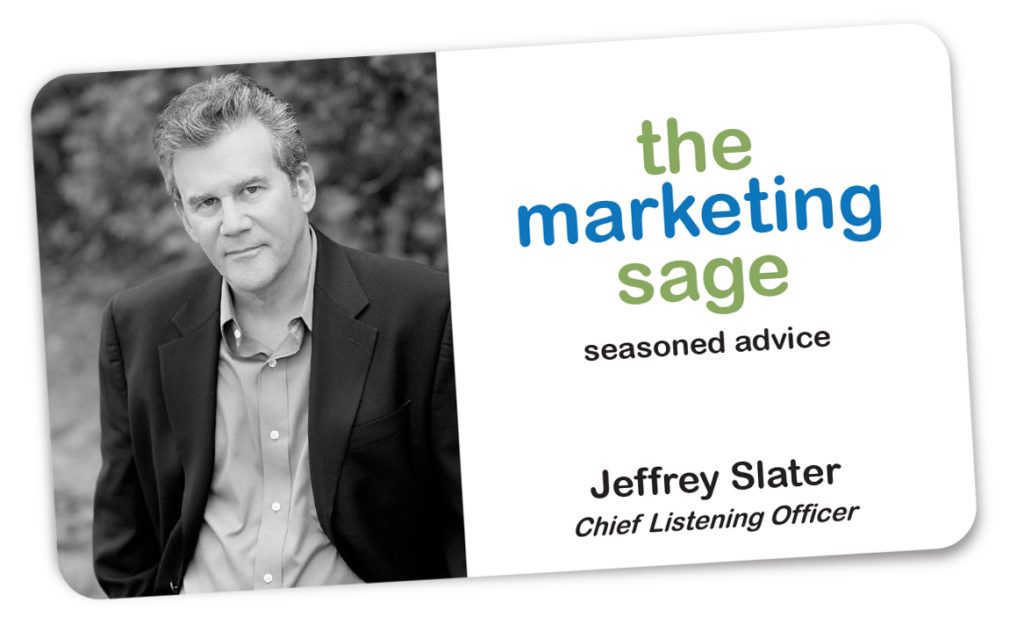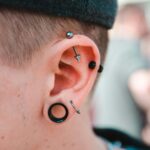Why Event Branding Matters
Event branding in the age of COVID is not as straightforward as it might once have been. COVID-19 has changed the event industry, and event planners of all backgrounds must determine how to create a cohesive, on-brand experience often without even having attendees in the same room.
And yet, your event branding strategy is more critical than ever.
An inconsistent brand identity from your virtual conference or in-person meet-up could threaten your long-term success by impacting loyalty. Nailing your event branding strategy is about aligning your organizational identity with an experience that your guests can anticipate and enjoy. This requires reflecting culture, building consistent marketing, and so much more.
If your brand essence focuses on one word – how can you make your audience feel that emotion when the event is over?
This article examines a few critical strategies for elevating your approach to event branding. Follow these tips to improve event planning.
Reflect Values and Culture
First things first: your event brand must reflect the larger values and culture of the brand you’re trying to cultivate. Attendees should experience a get-together that adheres to the identity of the organization hosting it, whether the event is a small-town festival organized by freelancers or a massive corporate meet-up put on by event specialists.
This process starts from the conception of your event idea. Your branding strategy will be doomed to failure if the initial concept is misaligned with the values and culture of the gathering based on what attendees might expect.
Pepsi made a mistake when it misunderstood what was acceptable from its event branding efforts. In a campaign meant to draw on football (soccer) fervor, Pepsi Sweden released ads in which Portuguese footballer Christiano Ronaldo was tortured via a voodoo effigy. These ads went viral, and Pepsi’s image became uncomfortably associated with depictions of violence. Fans were understandably upset enough with the brand that they got 100,000 people vowing to boycott Pepsi on Facebook.
Ensure you take a step back to assess what your event should mean to the people you want to reach and even those you don’t. Good event branding is instantly recognizable as belonging to a more significant subculture of values and identities. These five websites are excellent examples of event branding done right, espousing the importance of their hosts through accessibility, transparency, and education.
Build Consistent Marketing
To build recognizable branding for any event, you’ll have to maintain consistency across your marketing efforts. Sending out emails with wildly different messaging and imagery than your social media content, for example, will only foster confusion.
Instead, you need to align you’re messaging across platforms like:
- Websites
- Landing pages
- Social media posts
- Content marketing
- Multimedia advertisements
One of the best ways to do this is to hire a graphic designer or educate yourself on the fundamentals of graphic design. This is an essential aspect of any branding strategy that seeks to form a consistent identity for an event. Professional graphic designers understand the ins and outs of the effects imagery has on audiences and can ensure that all content — logos, graphics, photos, and more — aligns with your more prominent brand.
With consistent marketing, you’ll be able to spread your message across platforms in a cohesive manner guaranteed to foster greater attendee loyalty. You can even use free methods to promote your consistent message for some event planners.
Streamline Your SEO
However, your visibility will suffer without a practical approach to Search Engine Optimization (SEO). These days, finding and planning events often starts online. The internet is where we turn to look for activities to engage in, places to go, and virtual conferences to attend. SEO ensures that your event branding efforts get seen.
Events must be accessible to their particular audience as an aspect of mobile business. People these days value convenience more than ever from brands, and little is more convenient than web content that is easy to find, read, and navigate. Your events will likely vary in type and location, so making information widely accessible is a natural component of mobile branding success.
Fortunately, streamlining your SEO doesn’t have to be as complicated or technical as it might sound. Event planners can improve optimization for event content through efforts like:
- Organize your event contents into specific web pages surrounding speakers, presenters, and performers.
- They optimize social media content with meta tags, permalinks, and shareable images.
- Write concise content in clear language.
Since one of the best things you can do for SEO is focused on quality, streamlining your optimization techniques is often just a matter of doing great work. Then, consider the following for tremendous Success.
Leverage White Label URLs and Email Outreach
White label URLs and email outreach are two more elements of event branding that can boost your results. The reasons? White label URLs can assist your SEO, while email alone is considered the most significant contributor to event success by 39% of marketers.
White label URLs are web addresses that function specifically for the event. These are uniquely branded web pages optimized for search engines and don’t come tagged with the name of a hosting web service. You’ll want this feature to avoid mixing your branding efforts with another organization.
Then, email outreach works because it is often the best way to target your intended audience, hosts, performers, speakers, vendors, and more. The branding here is essential, however. You must ensure that your emails reflect messaging based on the identity of your event and organization, complete with consistent graphic design.
Determine How You’ll Measure Success
You’ll need tools and tricks to evaluate branding success. Tools abound that can help you not just elevate your event marketing but measure precisely how effective it was. It helps to get agreement from your marketing team BEFORE the event on what KPIs or metrics you will measure.
Instagram is an excellent example of a platform built to promote events and products. It comes with adjacent tools and gear any marketer can use to improve their outreach potential. From content creation tools to camera equipment, you’ll operate your suite of tech as you brand your event on social media. However, it’s the insights and data analytics you’ll want to pay special attention to.
Instagram’s insights feature alone lets you track metrics like:
- Impressions
- Page visits
- Website taps
Use these metrics to evaluate your digital traffic to build event branding content. Then, create email surveys and polls to measure the experience after the fact. You’ll want to know if your attendees came away satisfied or disappointed.
Every event will measure Success differently, but one fact will be actual for all event planners: event branding is critical.
I hope that some of these tips and tricks will help you step up your branding efforts by improving quality, consistency, and effectiveness.
When you see your event from a human perspective, it can help you create a great event. Ask yourself one simple question – how do I want people to feel when the event is over?
This is a guest post by Amanda Winstead, a Zillenial who can’t be reached via cable ads. Amanda is a writer focusing on many topics including technology and digital marketing. Along with writing she enjoys traveling, reading, working out, and going to concerts. If you want to follow her writing journey, or even just say hi you can find her on Twitter.
You can set up a time to chat with me about your marketing challenges using my calendar. Email me jeffslater@themarketingsage.com Call me. 919 720 0995. The conversation is free, and we can explore if working together makes sense. Watch a short video about working with me.
Photo by Adam Whitlock on Unsplash






